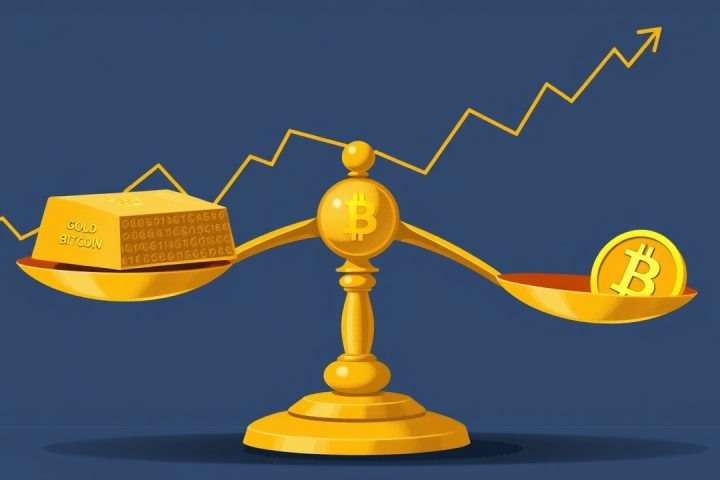El Salvador’s Bitcoin Holdings Analysis
A recent analysis by the International Monetary Fund (IMF) dated July 15 indicates that El Salvador’s accumulation of Bitcoin is not stemming from new acquisitions but rather from a reallocation of its existing holdings. The IMF’s report reveals that the increase in Bitcoin reserves within the Strategic Bitcoin Reserve Fund is attributed to the consolidation of assets across several government-owned wallets, a point clarified in a footnote of the document.
Contradictions and Government Statements
This assertion contradicts previous statements made by El Salvador’s National Bitcoin Office, which maintained that the government has been engaged in daily Bitcoin purchases. In the context of the IMF’s prior stipulations, which urged the nation to halt such purchases to secure its $1.4 billion funding, the report notes that the total quantity of Bitcoin in public sector possession has not altered since the approval of the program. The IMF emphasized the need to maintain the static level of Bitcoin held by the state moving forward.
Current Holdings and Value
Currently, on-chain analytics reveal that El Salvador possesses over 6,200 BTC, valued at approximately $738 million, positioning it among the world’s leading national holders of cryptocurrency.
Enhancing Oversight and Transparency
El Salvador is also taking measures to enhance oversight and mitigate risks associated with its Bitcoin strategy. The report indicates that the authorities have committed to decreasing their exposure to Bitcoin and improving transparency in crypto-related operations. As part of this effort, the government, under President Nayib Bukele‘s administration, plans to make quarterly financial disclosures on entities involved in Bitcoin activities—these entities include Chivo, CEL, LaGeo, and Fidebitcoin. Furthermore, all Bitcoin transactions are set to be integrated into the country’s macroeconomic and fiscal reports.
Governance Framework and Privatization Efforts
The authorities are expected to submit updated, officially signed statements to the IMF that detail the Bitcoin held by the public sector. The IMF’s report also highlights ongoing initiatives to establish a comprehensive framework for the governance of government-owned Bitcoin and cryptocurrencies. Strengthening governance standards, ensuring accountability, and clarifying the role of the Bitcoin Management Agency (AAB) are central to this new framework.
Moreover, the Bukele administration is making progress towards privatizing the Chivo wallet, as the financial regulator has disclosed a business strategy for its sale, with discussions already underway with prospective buyers, aiming for completion by July 2025.
Legal Framework Reforms
Lastly, the report notes efforts to reform El Salvador’s legal framework for digital assets, for which the IMF is offering technical support to ensure regulatory standards align with international norms, particularly concerning asset custody, segregation, and compliance with anti-money laundering and counter-terrorism financing regulations. Despite recent developments, reports from the crypto community affirm that El Salvador’s Bitcoin commitment remains robust, with the value of its holdings recently reaching a peak of $760 million, bolstered by an additional acquisition of 30 BTC in the last month.




